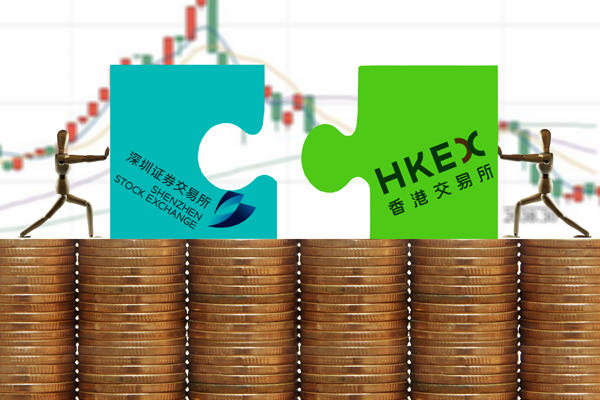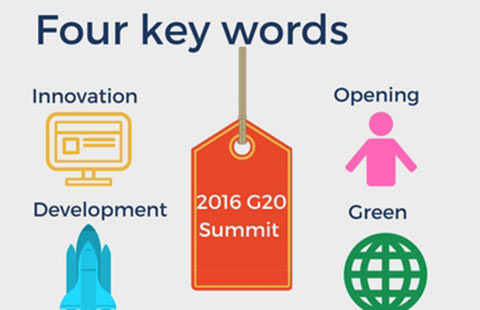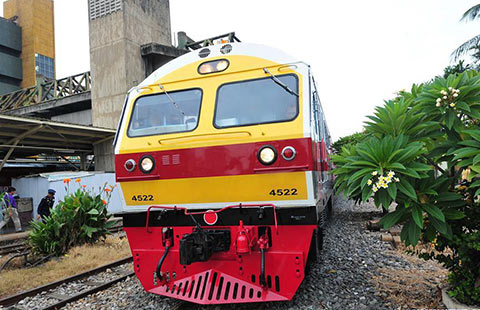Shenzhen-HK stock connect reflects liberalizing capital
By OSWALD CHAN (China Daily) Updated: 2016-08-30 09:29
 |
|
Financial analysts in Hong Kong reckon that the Shenzhen-Hong Kong Stock Connect, which will likely be launched in December, will facilitate larger and more balanced cross-border renminbi fund flows. [Photo/VCG] |
Financial analysts in Hong Kong reckon that the Shenzhen-Hong Kong Stock Connect, which will likely be launched in December, will facilitate larger and more balanced cross-border renminbi fund flows.
The second equity trade link between the mainland and Hong Kong, announced in mid-August by the China Securities Regulatory Commission and Hong Kong's Securities and Futures Commission, would abolish an aggregate quota. The aggregate quota for the Shanghai-Hong Kong Stock Connect, launched in November 2014, was also scrapped.
"Against this backdrop of strong two-way equity market flows, the abolishment of overall quotas can be seen as an indication that the mainland's capital account liberalization is maturing and policymakers are becoming more comfortable with the nature of cross-border foreign exchange flows and the renminbi's outlook," said a research report on emerging market currencies from HSBC.
Though there is not an aggregate quota, the daily trading limits-10.5 billion yuan and 13 billion yuan for the southbound and northbound channels respectively-are still applied on both the Shenzhen and Shanghai market trade links.
"Over time, we believe these two-way investment schemes will enhance the renminbi's role as an investment currency, foster healthy two-way flexibility in the exchange rate, and help onshore and offshore foreign exchange (renminbi) curves converge further," the HSBC report added.
Linda Csellak, head of Asia Pacific equities at Manulife Asset Management, is more positive on the Shenzhen-Hong Kong Stock Connect than the Shanghai Hong Kong Stock Connect.
"There will be buying opportunities in small and mid cap companies, particularly in Hong Kong, with niche businesses at attractive valuations with scarcity value," Csellak noted.
The Shenzhen trade link will offer offshore investors access to 880 stocks listed in Shenzhen, with the major bulk of beneficiaries being small and mid cap company stocks and technology shares. Mainland investors can gain access to trade 417 stocks listed in Hong Kong under the second stock connect program.
Adian Yao, senior emerging Asia economist at AXA Investment Managers, said the second equity market trade link would foster more balanced renminbi cross-border fund flows.
- Hopes high for G20 Hangzhou summit to revitalize world trade
- QR records smarten-up Hangzhou
- China's G20 summit chance to revive, reshape world economy: Experts
- Argentine FM lauds China's development policy as 'consistent, coherent, long term'
- Five Water Governance Plan makes a better Hangzhou
- 10 things you should know about G20
- Tencent's shares gain on acquisitions
- Chinese-made train makes debut for short run in Thailand


















